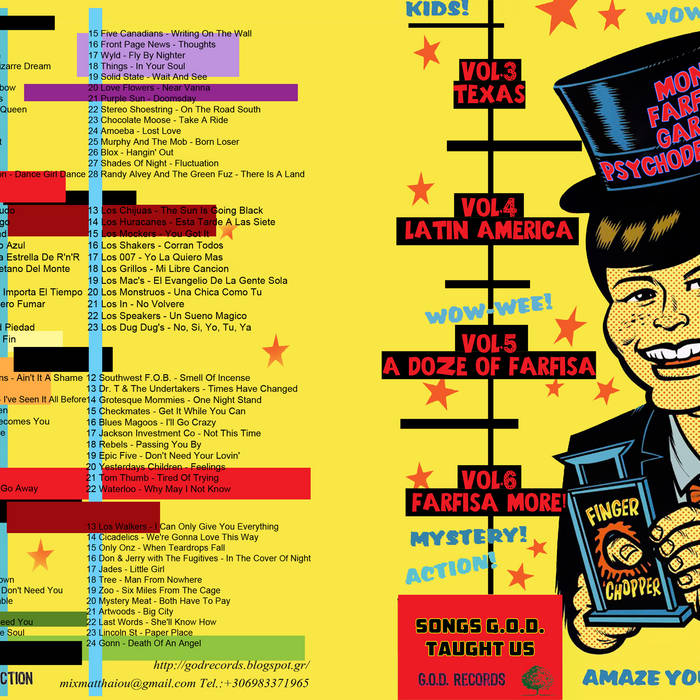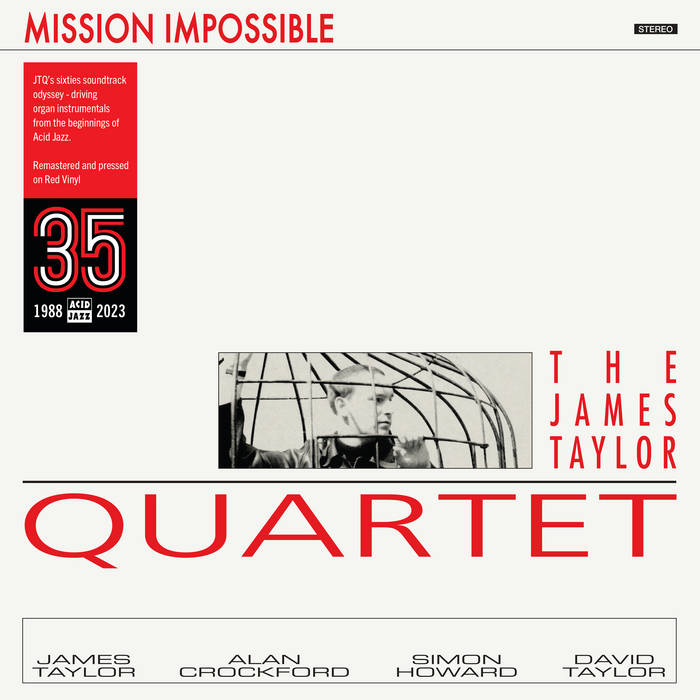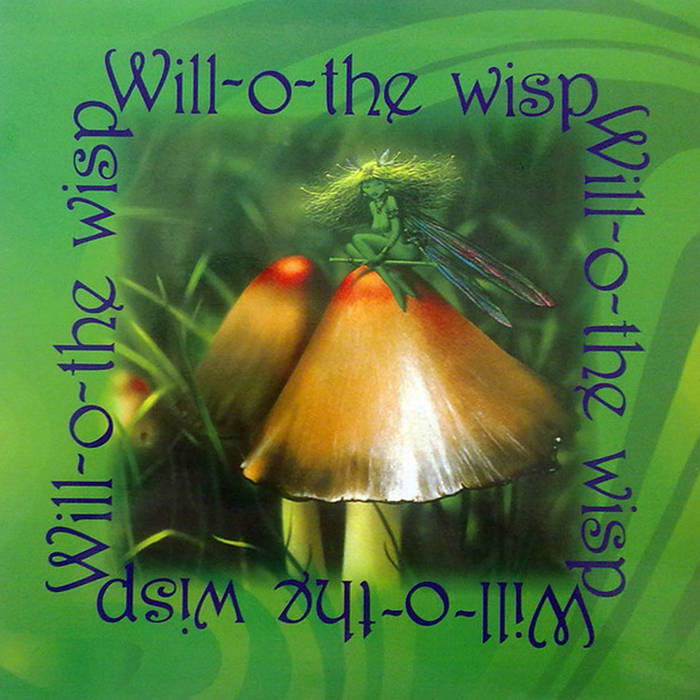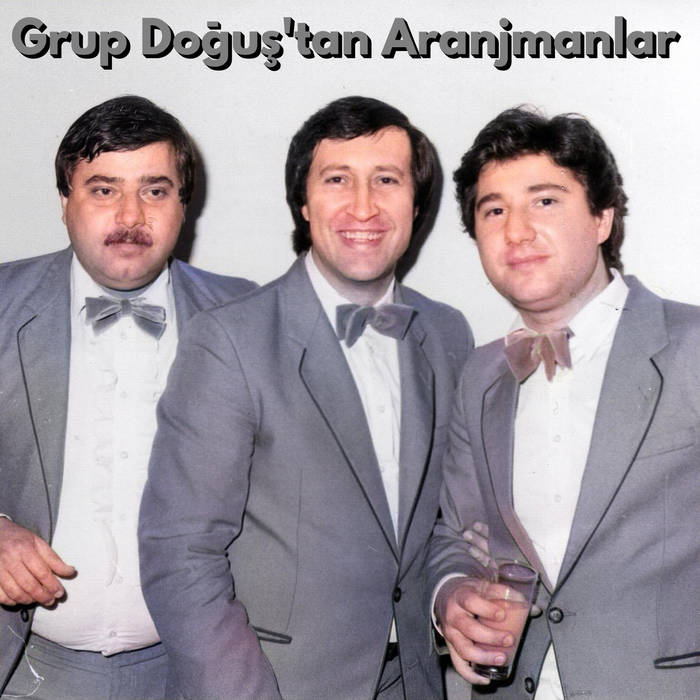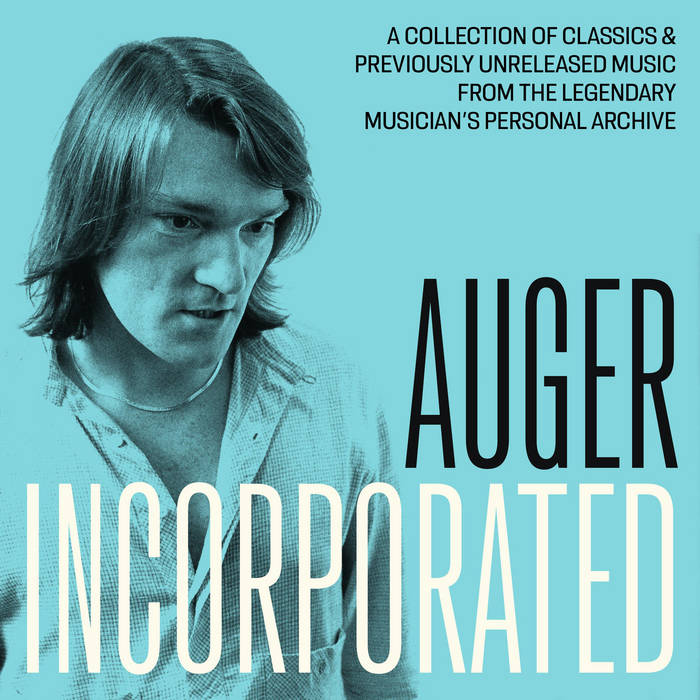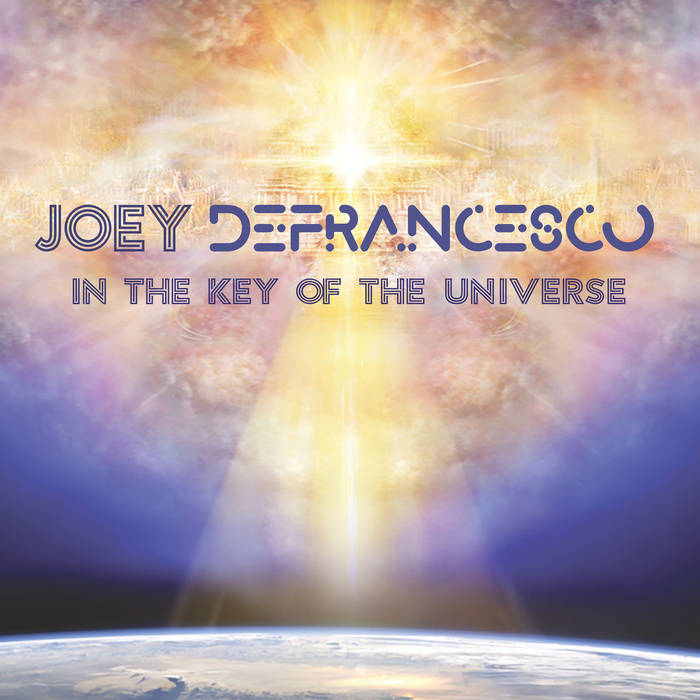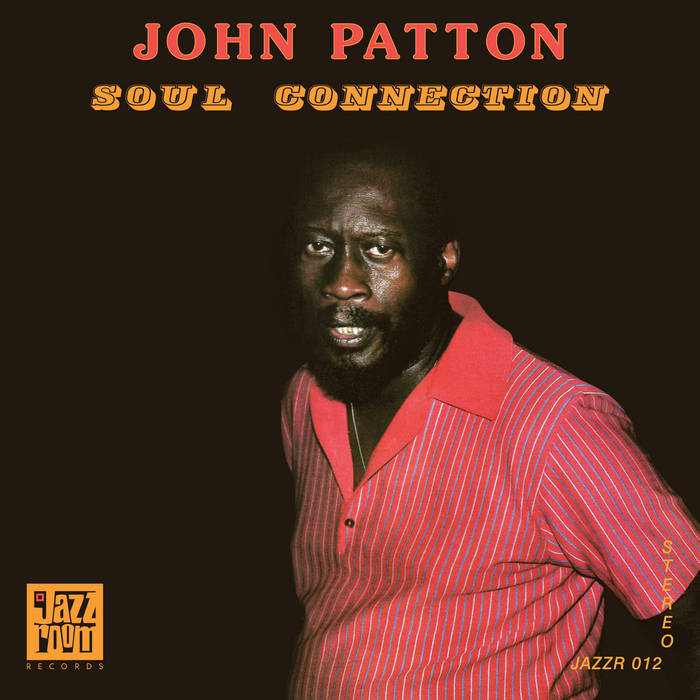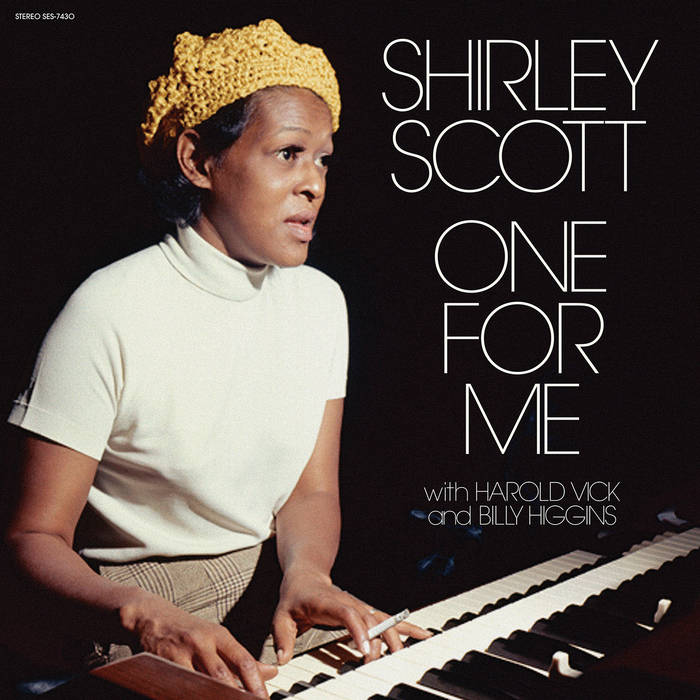I was a big fan of bands like The Bomboras and The Lords of Altamont during their heydey in the 1990s and 2000s, but there is such a deep, rich reservoir of farfisa and hammond organ-based garage rock that it boggles the mind. The ever-excellent Greek record label G.O.D. RECORDS Continue Reading
Hammond Organ
The James Taylor Quartet – Mission Impossible
From the Acid Jazz Bandcamp site: “To mark the 35th Anniversary of Acid Jazz, we have been reissuing seminal records from our catalogue on colour vinyl. The final instalment – and the second James Taylor Quartet release in the series – is this this version of ‘Mission Impossible’ is pressed Continue Reading
Will -O-The Wisp – Will -O-The Wisp
Led by guitarist Takis Barbagalas, Will-O-The Wisp are a Greek psychedelic rock band from the late 1990’s whose Hammond organ-infused rock sounds as authentic as anything from the late 1960’s to early 1970’s.
Grup Doğuş – Grup Doğuş’tan Aranjmanlar
Don’t let the cover fool you – Grup Doğuş produce great Andalou music! The band hails from Germany but have Turkish roots, and bring the wild sound of Anatolian Rock and meld it to surf music, psychedelic rock and Hammond organ vibes.
Brian Auger – Auger Incorporated
Brian Auger is the father of Acid Jazz and really needs no introduction, but his Bandcamp site provides a fine one anyway for those of you readers who haven’t had the pleasure of being introduced to the man: “Soul Bank Music announces a back catalogue deal with legendary musician and Continue Reading
Joey DeFrancesco – In the Key of the Universe
Organist Joey DeFrancesco passed away yesterday, leaving perhaps the most impressive background of any jazz organist in the past 20 years or so. Here is a list of artists he worked with: Miles Davis, Houston Person, John McLaughlin, David Sanborn, Arturo Sandoval, Larry Coryell, Frank Wess, Benny Golson, James Moody, Continue Reading
John Patton – Soul Connection
Big John Patton was a legendary jazz keyboardist and master of the Hammond B-3 organ. This session, released by Nilva Records originally, was criminally hidden away, but thanks to Jazz Room Records, it’s getting not only a second life, but it’s led to a further appreciation of Patton’s abilities. A Continue Reading
Shirley Scott – One For Me
No matter how ardent a collector of music you are, there are going to be some brilliant artists and albums you will miss. One could say that that’s part of the fun of discovering music. Credit for our surprise gem of the day goes squarely to Bandcamp’s blog, where Ashawnta Continue Reading
